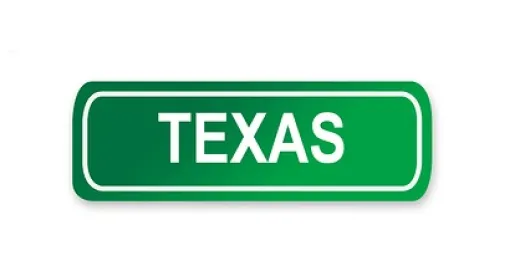In Tomlinson v. Khoury, a judgment creditor discovered that the judgment debtor was the trustee and beneficiary of a spendthrift trust and brought a turnover action to invalidate the trust. No. 01-19-00183-CV, 2020 Tex. App. LEXIS 8427 (Tex. App.—Houston [1st Dist.] October 27, 2020, no pet. history). The judgment creditor was never sued in his capacity as trustee of the trust, but the trial court invalidated the trust and ordered a turnover of trust assets. The court of appeals reversed, holding that the trustee was a necessary party to the proceeding concerning a trust. The court of appeals held:
In Texas, a trust is not a separate legal entity, but instead is a fiduciary relationship between the trustee and the trust property. Texas law is clear that in all suits “by or against a trustee and all proceedings concerning trusts,” the trustee is a necessary party to the action. And where the trustee is not properly before the court as a result of service, acceptance, waiver of process, or an appearance, Texas courts have invalidated orders that grant relief against a trust.
….
Accordingly, in light of the limited purpose of the Turnover Statute—which is merely to ascertain whether an asset is in the possession or control of a judgment debtor and not to determine third parties’ substantive rights—and the underlying due process and personal-jurisdiction concerns, we conclude that the requirement that a trustee must be added as a party to actions involving purported trust assets, including the invalidation of a trust, is even more appropriate in the context of turnover proceedings.6Link to the text of the note We therefore apply it here. Like the order at issue in Asche, the two modified, post-judgment turnover orders in this case expressly invalidate the Trust and order the parties to treat the Trust assets as Tomlinson’s personal property—without first having the Trust, through its trustee, properly before the trial court. But this is undoubtedly a proceeding concerning a trust in which the trustee was a necessary party. Although Tomlinson was before the court in his individual capacity, he was not sued, and did not appear, in his capacity as trustee of the Trust. Therefore, he, as trustee of the Trust, was not “properly before the trial court as a result of service, acceptance, or waiver of process, or an appearance.” Under these circumstances, we conclude the trial court lacked jurisdiction over the Trust and thus erroneously invalidated the Trust, and erroneously required the turnover of Trust assets, in its February 12 and 14, 2019 modified turnover orders. Accordingly, we hold that these two post-judgment, modified turnover orders are void.
Id.




 />i
/>i

